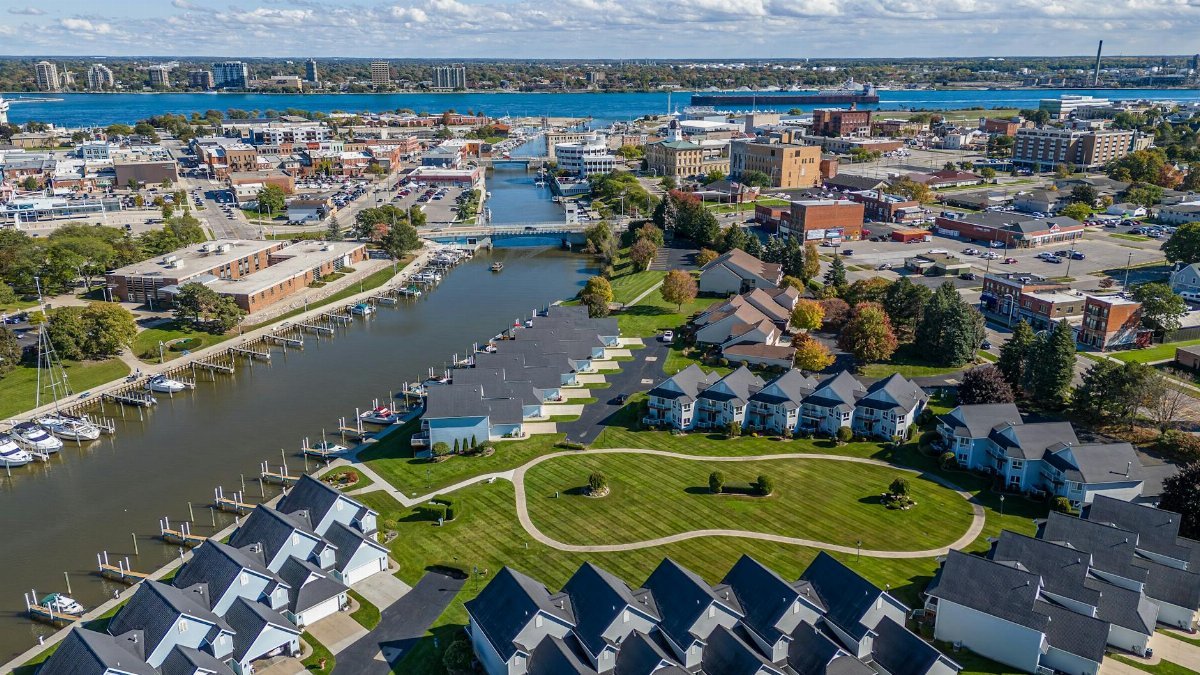Michigan 988 funding is causing a major shift in mental health crisis support this year. With call, text, and chat volumes for the 988 Suicide & Crisis Lifeline nearly doubling year-over-year, state lawmakers have taken decisive action. On May 10, 2025, the Michigan Legislature passed SB 642, allocating $18 million to significantly bolster staffing for text and chat services. This funding aims to address the surging demand and improve response times for those in crisis across the state, marking a critical step forward in mental health support.
Soaring Demand for 988 Services

The 988 Suicide & Crisis Lifeline, a national resource for individuals in mental health distress, has seen an unprecedented spike in usage in Michigan. Text and chat interactions, in particular, have nearly doubled compared to the previous year, reflecting a growing preference for non-verbal communication among those seeking help. This surge has strained existing resources, often leading to longer wait times and overwhelmed staff. The recent legislative move to increase funding directly targets this issue, ensuring more Michiganders can access timely support when they need it most.
SB 642: A $18 Million Commitment

At the heart of the state’s response is SB 642, a bill passed on May 10, 2025, that earmarks $18 million specifically for the 988 Lifeline. The bulk of this funding will go toward tripling the number of staff dedicated to handling text and chat inquiries. This expansion is not just about numbers—it’s about meeting people where they are, especially younger individuals who often prefer digital communication over traditional phone calls. The investment signals Michigan’s commitment to modernizing crisis intervention.
Staffing Boost to Meet Growing Needs

Tripling the text and chat staff is a direct response to the evolving ways people seek help. With nearly twice as many interactions logged year-over-year, current teams have struggled to keep up. The new funding will enable the hiring and training of additional responders, ensuring that no message goes unanswered for long. This is particularly crucial in a state like Michigan, where rural areas may already face barriers to mental health services, making digital lifelines like 988 even more vital.
Target: 95% In-State Answer Rate

Beyond staffing, SB 642 sets a clear benchmark for performance. The Michigan Department of Health and Human Services (MDHHS) is mandated to achieve a 95% in-state answer rate for 988 calls, texts, and chats by June 2026. This goal ensures that the vast majority of cries for help are handled by local responders who understand the state’s unique challenges and resources. Falling short of this target could mean routing interactions to out-of-state centers, potentially diminishing the quality of care.
Accountability Through Regular Reporting

To keep progress on track, MDHHS is required to submit dashboards every six months detailing the performance of the 988 system. These reports will provide transparency on answer rates, response times, and other key metrics, holding the department accountable to lawmakers and the public. This regular oversight ensures that the $18 million in Michigan 988 funding translates into real, measurable improvements for those in crisis, rather than getting lost in bureaucratic inefficiencies.
Why This Matters for Michigan

Mental health crises don’t discriminate, affecting urban and rural communities alike. In Michigan, where access to in-person services can vary widely, the 988 Lifeline serves as a critical bridge. The state’s investment comes at a time when national data shows increasing rates of anxiety, depression, and suicidal ideation, as reported by organizations like the Centers for Disease Control and Prevention (CDC). Enhancing digital support through this funding could save lives by meeting people in their moment of need.
Broader Context of Crisis Support

Michigan’s push to strengthen 988 aligns with national efforts to improve mental health infrastructure. The lifeline, launched in July 2022, has been hailed as a game-changer for its simplicity and accessibility. Yet, as demand grows, states must adapt. Michigan’s $18 million allocation reflects a broader trend of prioritizing crisis intervention, supported by findings from groups like the Pew Research Center, which highlight the urgent need for scalable mental health solutions in 2025 and beyond.
Challenges Ahead for Implementation

While the funding is a significant win, rolling it out effectively won’t be without hurdles. Hiring and training a tripled workforce takes time, and MDHHS must ensure these new staff are equipped to handle sensitive, high-stakes interactions. Additionally, reaching the 95% in-state answer rate by June 2026 will require seamless coordination and robust technology. Lawmakers and advocates will be watching closely to see if the promise of improved access becomes reality for Michigan residents.
A Step Toward Better Mental Health Support

The passage of SB 642 and the infusion of Michigan 988 funding represent a pivotal moment for crisis care in the state. By addressing the dramatic rise in text and chat interactions, Michigan is adapting to the ways people seek help in 2025. If successful, this initiative could set a precedent for other states grappling with similar challenges, proving that targeted investments can make a tangible difference in mental health outcomes. For now, the focus remains on turning dollars into action.
